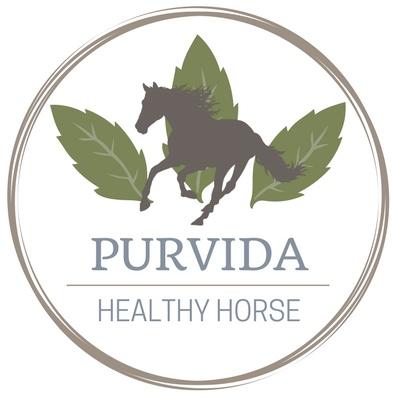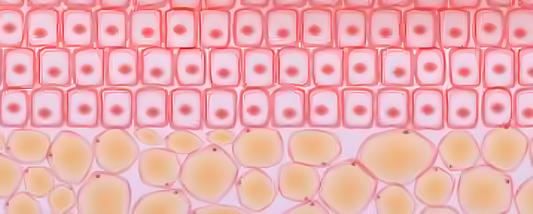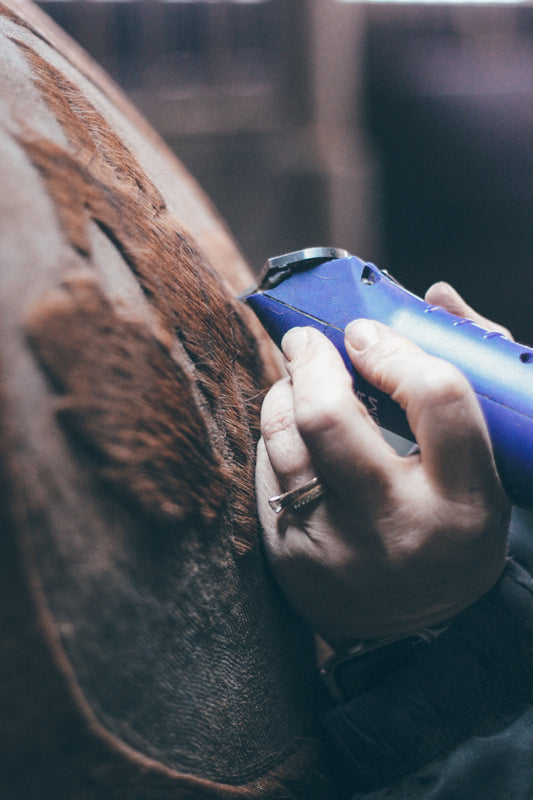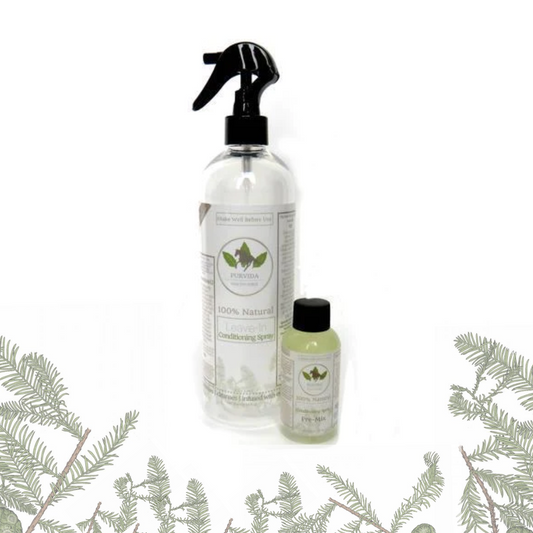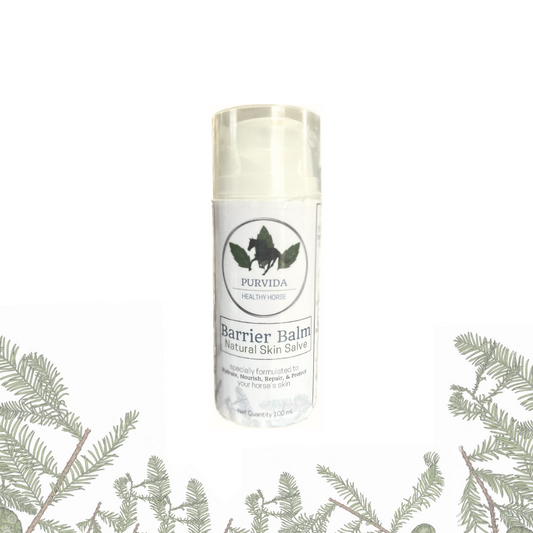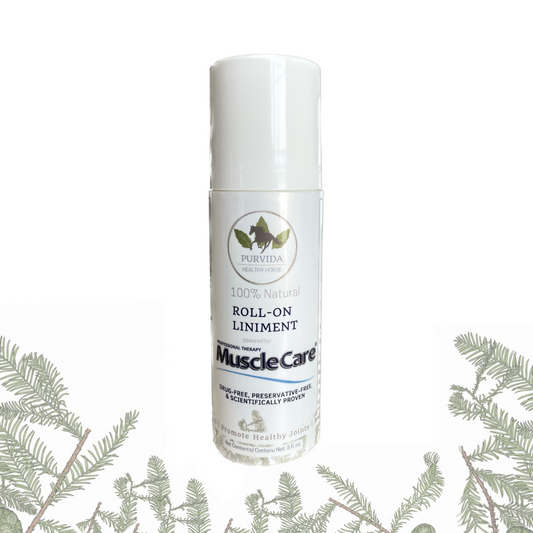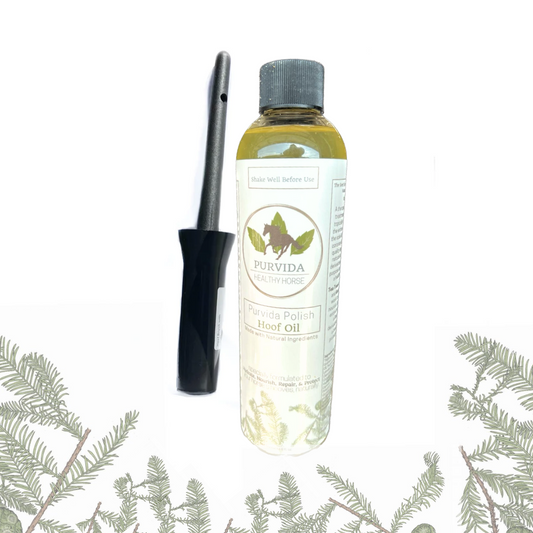As equestrians, we're no strangers to pain management – making topical pain relief solutions a popular department when it comes to both us and our horses, but do you know what’s in the pain relief products you’re using? Also known as topical analgesics, these pain-relieving creams, balms, lotions, roll-ons, patches, and gels are designed to be absorbed by the skin to act on the tissue beneath. A range of effective natural and pharmaceutical products are available for you and your horse with a wide variety of ingredients, and each works in a unique way to relieve pain, but their effects on yours and your horse’s health can vary. The 3 main types of topical analgesics are counter-irritants, topical NSAIDs, and local anesthetics, and all of them interact with your body in different ways.
Counter-Irritants:
Counter-Irritants are topical pain medications that stimulate nerve endings when applied to the skin. These can be both natural and synthetic, and are the topicals that produce hot, cold, or tingling sensations.
They work by depleting substance P in the peripheral nerve endings, thereby interrupting pain signal transmission to the brain. In non-science terms, basically that means the new sensation from the counter-irritant interferes with the sensation of pain in the brain.
Menthol, which produces a cooling sensation or capsaicin, which produces a warming sensation, are both examples of natural counter-irritants.
Topical NSAIDs:
Non-steroidal anti-inflammatory drugs are some of the most commonly used medications for people and horses, and vital for pain management. As the name implies, NSAIDs help to control inflammation in the body and are used to treat a variety of equine and human ailments from pain caused by muscle, ligament, or tendon injuries, to osteoarthritis, wounds, and colic. The body produces the COX-2 isoenzyme chiefly in response to inflammation, and NSAIDs work by inhibiting the production of this isoenzyme. They can be administered orally or topically. Topically, they work by penetrating the tissues beneath the skin, reducing swelling at the pain site.
However, when used improperly, excessively, or without medical guidance, these drugs can cause unwanted and potentially serious side effects. The link between NSAIDs and heart problems is well established, and in addition to that, there are also concerns about stomach ulcers and kidney damage in both people and horses. Along with blocking the COX-2 isoenzyme, these drugs also block the COX-1 isoenzyme, which is the body's “gate-keeper” when it comes to operating many bodily functions. Most notably, it is responsible for producing the stomach’s mucosal lining, which is why we see a lot of horses on Bute and Banamine that are susceptible to gastric ulcers and other issues with digestive function. Common topical NSAIDs include diclofenac, ibuprofen, felbinac, ketoprofen, or piroxicam and come in various brand names


Source: https://thehorse.com/155468/nsaids-helpful-harmful-horses/
Local Anaesthetics:
These work by blocking the nerve from sending pain signals to the brain. Lidocaine patches, for example, block the sodium ion channels required for initiation and conduction of neuronal impulses and can help with muscle and joint pain. A natural alternative that effectively relieves pain would be to numb the area with is ice or apply Aloe Vera.


At the end of the day, while NSAIDs serve an important role in managing pain and inflammation, because of their inherent risks, these drugs are used best in moderation. When it comes to topical pain management, there are loads of natural alternatives out there. Our Roll-On Relief Liniment is 100% drug-free with natural ingredients that have been scientifically tested to outperform topical NSAIDs by over 400%. Check out how our natural ingredients interact with your body in a safe and healthy way:
Menthol & Camphor - natural counter-irritants to help with pain, while stimulating circulation
Magnesium - Magnesium acts as a natural calcium blocker, helping your muscle cells relax after contracting. It also helps get glucose, the body’s main energy source, into the muscles, expediting the healing process after an injury or strain
MSM - An organic sulfur compound with analgesic properties shown to be helpful both orally and topically. It's believed that MSM inhibits NF-kB, a protein complex involved in inflammatory responses in your body. It also reduces the production of cytokines such as tumor necrosis factor alpha (TNF-ɑ) and interleukin 6 (IL-6), which are signaling proteins linked to systemic inflammation
Glucosamine - Glucosamine is a natural compound found in cartilage and when applied topically it works with the sulphur from the MSM to help in the production of collagen and glucosamine and is used by the body to make other chemicals that build tendons, ligaments, cartilage, and the fluid that surrounds joints.
Click here to learn more about a safer, natural alternative to pain management!

Further Reading:
https://www.sciencedirect.com/topics/medicine-and-dentistry/topical-analgesics
https://www.health.harvard.edu/heart-health/heart-safer-nsaid-alternatives
https://pubmed.ncbi.nlm.nih.gov/25521286/
https://pubmed.ncbi.nlm.nih.gov/12064180/
https://pubmed.ncbi.nlm.nih.gov/27594189/
